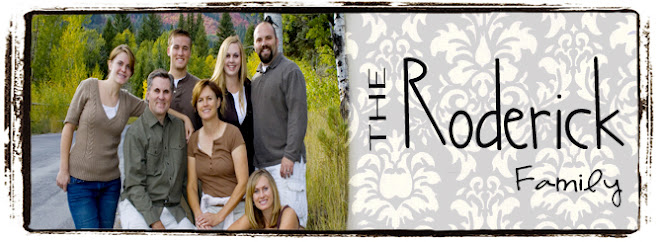I am excited about our next reference because it takes a story that appears to be relevant historically when in addition to historic pertinence the story has prophetic relevance. We will use this account to demonstrate how stories such as this act as a "Type" or example for the gathering of Israel in the last days. This will be controversial in that scholars generally view accounts such as this from the historical perspective due to abundant sources available for comparison. Rarely do they examine the account as a type of future events because of the difficulty in certifying their hypothesis.
Rather assemble a committee of scholars to perform peer review of our conclusions, we will follow the examples of Isaiah and Nephi and turn to prophetic peers to provide precedence for our conclusions. Isaiah quoted the writings of Moses extensively to foretell Israel future gathering as well as the destruction of the Gentiles. Nephi lacked credibility in the eyes of his elder brethren so he sought to ride on Isaiah's prophetic coat tails. Many of Nephi's engravings contained passages from Isaiah to illustrate the future for his people and all mankind.
Our next reference using the word "gather" as it applies to the gathering of Israel is 2 Kings 22:20 which says: "Behold, therefore, I will gather thee unto thy fathers, and thou shalt be gathered into thy grave in peace; and thine eyes shall not see all the evil which I will bring upon this place. And they brought the king word again."
The Lord promises Josiah his personal righteousness will bring him covenant blessings we previously read like a peaceful happy life. The Lord will gather Josiah to the same heavenly inheritance his forefathers (Abraham, Isaac and Jacob) received. Nothing in this verse really jumps out at the reader as referring to the gathering of Israel in the last days. Closer examination is warranted to see how these events act as a type for the gathering of Israel in the last days.
To begin, let us see if the names of the two key figures have hidden meanings in their names. Cruden's Concordance contains a section providing the meaning of most biblical names. The name Josiah means: "The Lord burns, or the fire of the Lord." (pg.582) Prophetically this definition brings to mind a few latter-day prophecies that speak of the role fire plays in the last days. My first thought is of the burning bush from which the Lord spoke to Moses and the children of Israel. (Exodus 3:3) Another reference to burning is the pillar of fire that led the children of Israel in their sojourn in the dark of night. (Exodus 13:21) These are all metaphors representing Israel's ability to look to the Lord in the midst of darkness for spiritual light and truth. A pillar or column is a weight bearing structural support upon which a building must come to rest. Israel was counseled to rely only on the Lord for their support. There are also the accounts in the Book of Mormon when the Lord's presence was accompanied by a pillar of fire during the miraculous conversion of Lamanites. (Helaman 5:23-48) In this account, Nephi and Lehi, the sons of Helaman conduct an impromptu prayer circle that opens the heavens to the apostate Lamanites and leads them to eternal life. All the metaphors are present in this account. The Lamanites pleaded to know how the immense darkness could be lifted from them. Aminadab, an apostate from the Church of Christ tells the Lamanites they must repent and cry to the Lord, (the voice they heard) to remove the darkness from them. This divine light imparted upon the Lamanites Led to the conversion of 300 souls. This is exactly what must happen to Israel for them to lay claim to covenant blessings promised their fathers.
The last prophecy is a prophecy quoted by Moroni to Joseph Smith. From the book of Malachi we read of "the messenger of the covenant" who is a "refiner's fire and a fuller's soap", that sanctifies the Levites in preparation for services in the Temple of God. (Malachi 3:1-3) In a previous study I sought to identify who held responsibility for sanctifying the Levites anciently. I found the answer in 2 Chronicles 29-30 where Hezekiah, king of Judah sanctified the priests and Levites in preparation for the restoration of Temple worship among the Lord's people.
Josiah by name is the "fire of the Lord", the standard bearer lighting the path for his people in his day. He is king over the tribe of Judah.
Well, I guess this is enough for one day. More scriptural precedence to come.
Friday, April 15, 2011
On to the next reference
Posted by Roderick Family at 6:32 AM
Subscribe to:
Post Comments (Atom)

0 comments:
Post a Comment